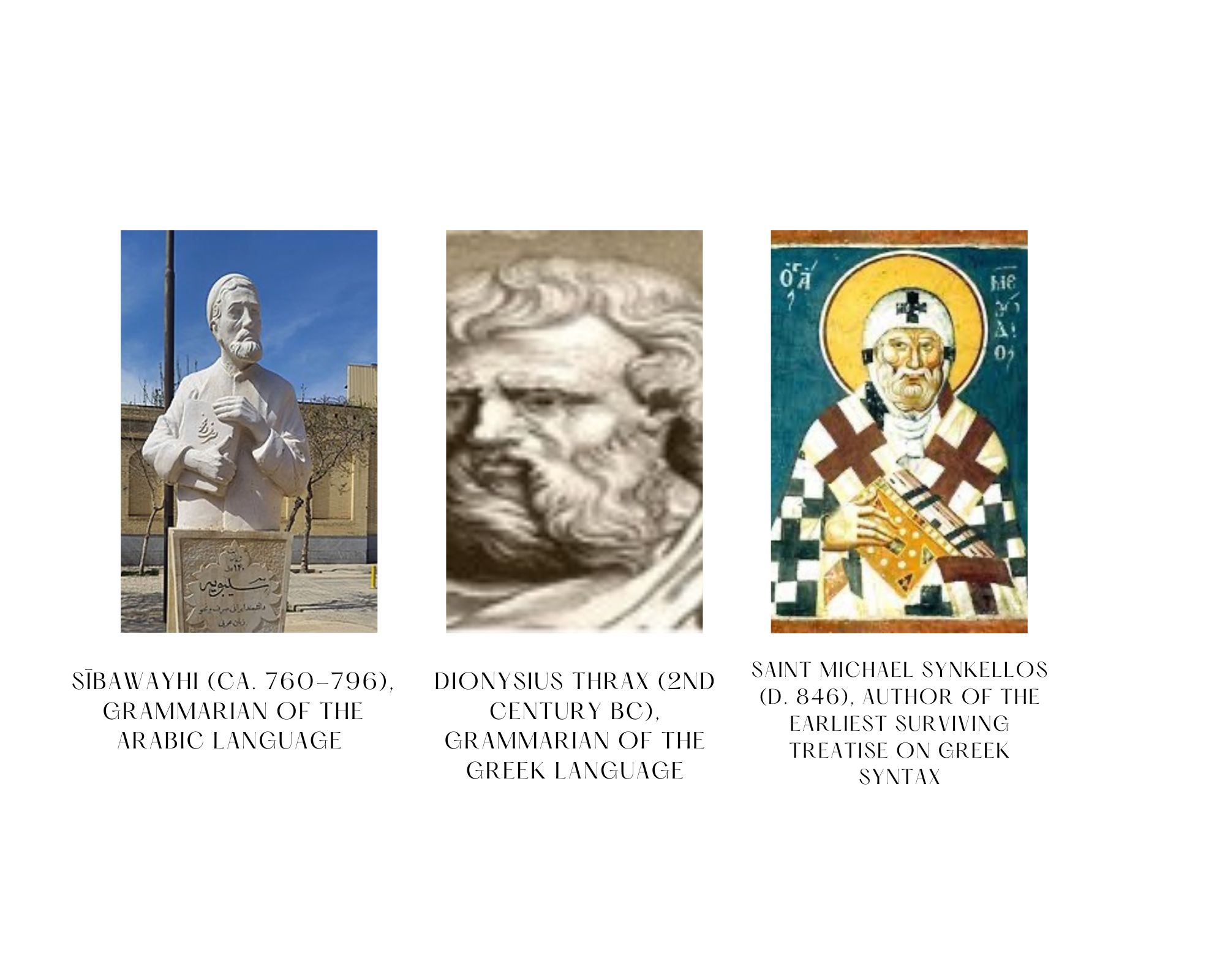
The medieval transmission of ancient knowledge in colonial and post-colonial narratives: moving beyond them with help from the Greek and Arabic grammarians
Maria Mavroudi, University of California, Berkeley
May 4, 2023 · 4:30 pm—6:00 pm · East Pyne 010 and Zoom
Eberhard L. Faber 1915 Memorial Fund in the Humanities Council

Since the sixteenth century, the transmission of knowledge from antiquity to modernity was pieced together as follows: the sciences were born in the ancient Near East and Egypt. They were received in the ancient Greek world and were furnished with a theoretical background in philosophy. Philosophy and science were cherished in the Roman world but died out by the seventh century. They were soon received by the Arabs through the Greek-to-Arabic translation movement of the ninth and tenth centuries. They were repatriated to Europe through an Arabic-to-Latin translation movement in the twelfth century. Their definitive and qualitatively superior repatriation occurred in the fifteenth century, when Byzantine scholars fleeing the Ottoman empire brought to Europe their knowledge of the Greek language and manuscripts of the ancient Greek authors. This narrative was further elaborated in the colonial conditions of the nineteenth and early twentieth centuries. Post-colonial critics attacked many of its components but have not proposed any new and comprehensive narrative. The lecture will use the example of grammar to explain how this master narrative can be replaced and what the political implications of doing so are.
Sponsored by the Eberhard L. Faber 1915 Memorial Fund in the Humanities Council















